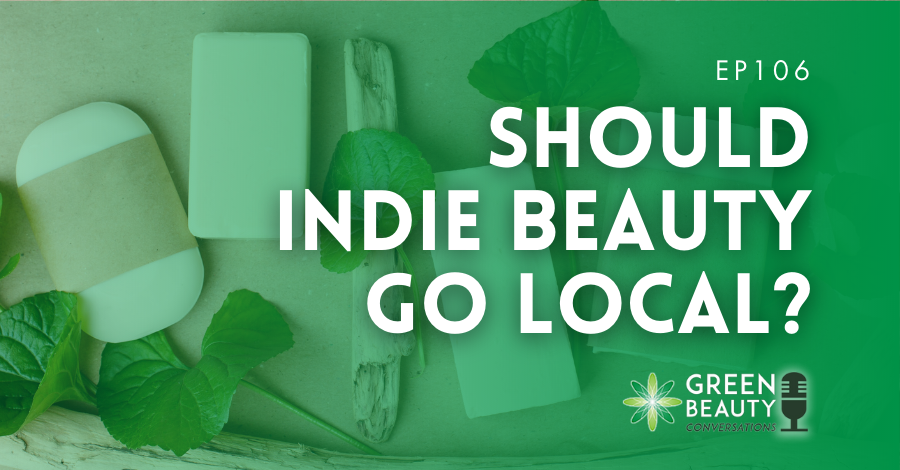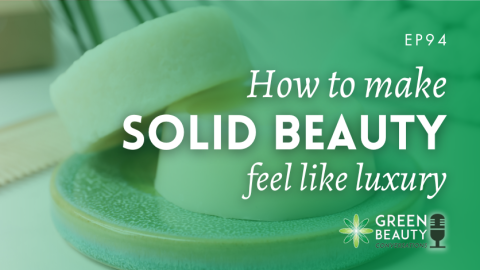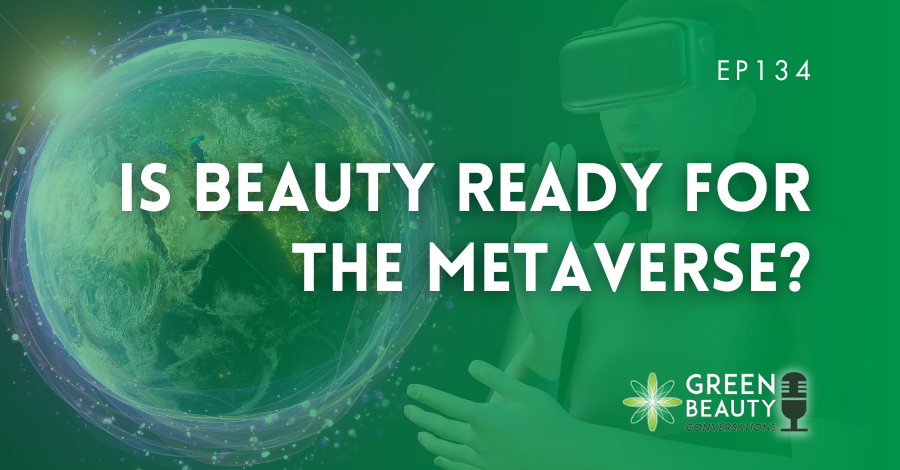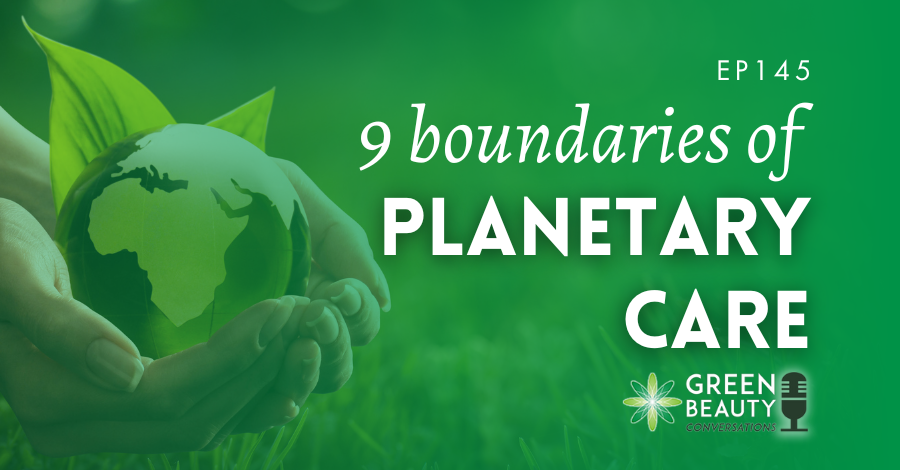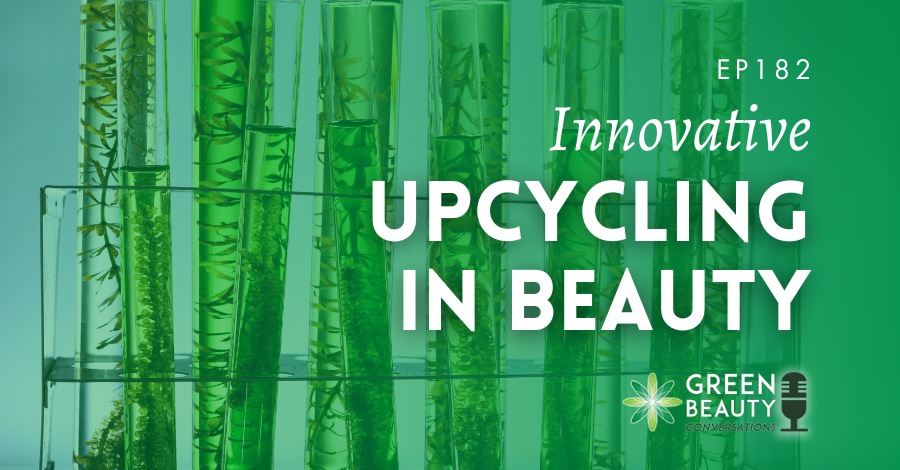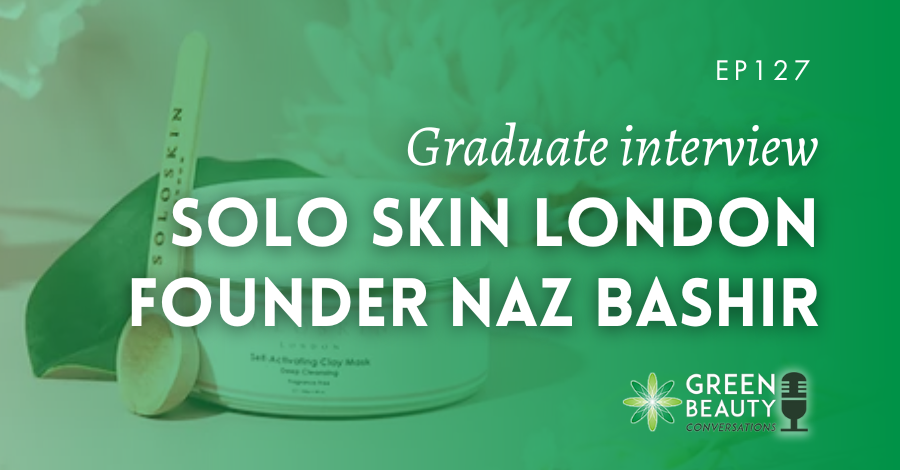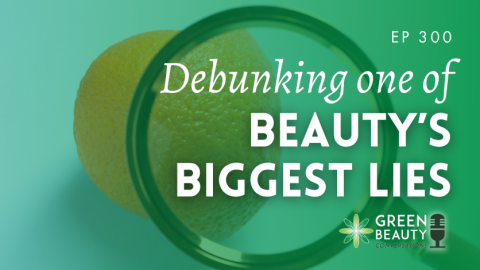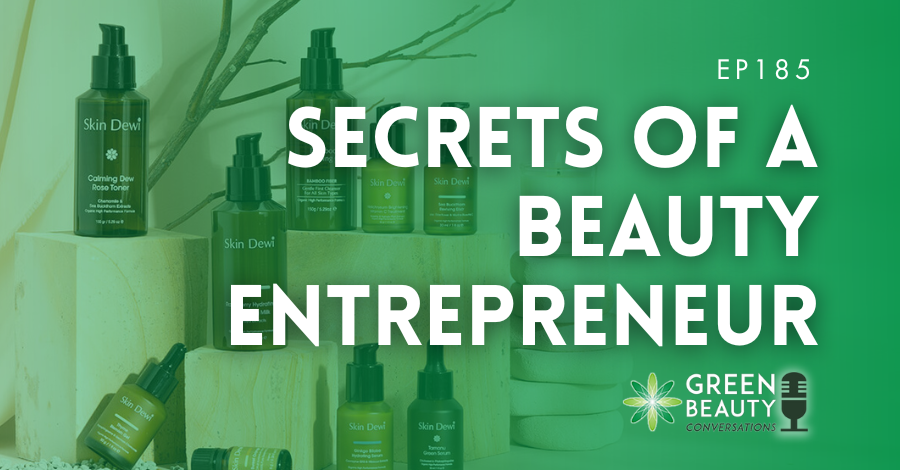Our last podcast episode on the sustainability of using tropical ingredients in our cosmetics raised the issue of transparency in supply chains. A main criticism of using rainforest ingredients has long been the carbon footprint of the so-called beauty miles these ingredients travel. Of course, Formula Botanica has a worldwide community in over 180 countries so that means we also have students, graduates and staff based in tropical regions too.
The overriding issue here is that as indie formulators, wherever we live and work, we simply do not have enough information about just how our botanical and natural ingredients are grown, harvested, processed and shipped before we buy them, usually in low quantities, from a retailer.
In this follow-up Green Beauty Opinion, Formula Botanica CEO and podcast host Lorraine Dallmeier examines one solution to this lack of transparency – going local. Should indie formulators seek to source their ingredients as close to their homes and labs as possible? What implications and advantages are there in doing so? Is it more sustainable to go local than to ship ingredients across the world?
Does sourcing cosmetic ingredients locally make indie beauty brands more sustainable? The @FormulaBotanica podcast says it's a good start and part of the solution. #sustainablebeauty #indiebeauty #greenbeauty Share on X
Lorraine points out that supply chains are hard to unravel. We have very little information on an ingredient apart from its safety data sheet (SDS), which says nothing about sustainability apart from mentioning the toxicity of a material. We can’t know for certain if any ingredient, local or not, is a sustainable option.
For example, a particular seaweed ended up crossing country borders five times as it was shipped in and out during its processing into a cosmetic ingredient. Would it still qualify as a local and more sustainable ingredient?
In time, blockchain technology can help verify the provenance of ingredients and shed light on supply chains. In an earlier episode on transparency in the beauty industry, we looked at how blockchain is making this possible.
But in the meantime, going local in your sourcing of ingredients can hold out hope for indie beauty formulators keen to be sustainable from the outset.
As Lorraine says in this opinion short, Formula Botanica has always stressed indie beauty formulators should build strong relations with reliable suppliers. If they are local to you, you can have even greater chance of making this a success. With strong ties, comes a flow of information, insights and advantages, such as greater quality control and brand differentiation.
Lorraine points to her podcast interviews with international beauty brand founders May Lindstrom of May Lindstrom brand, and Sarah Brown of Pai Skincare who both told us that keeping manufacturing in-house and use only trusted, vetted suppliers – mostly local – had given their brands an edge in quality and transparency. One of our graduate brands BYBI fostered such close relations with its home country (UK) suppliers that it is even taking many of them on its journey to operate with renewable energy only.
By going local you can also infuse your brand with your heritage and with personal meaning. Every little we can do to help drive sustainability in our formulations and brands is worth it. Going local may not be the complete answer, but by doing so, indie beauty can start to make a sustainable difference and avoid those murky supply chains.
If you enjoyed this discussion, you might also like to listen to these episodes covering sustainability in the beauty industry:
Are tropical ingredients sustainable?
Why we need responsible mica in cosmetics
Innovative beauty packaging with mushrooms and seeds
Biodegradable beauty: a license to greenwash the beauty industry?
Top sustainability challenges and concerns for the beauty industry
Are indie brands falling behind on sustainabiity?
Can a beauty brand ever be carbon neutral?
Thank you for joining us for this episode of the Formula Botanica Green Beauty Conversations podcast. If you enjoyed listening, please share, subscribe and review this episode on Apple Podcasts, Spotify or Youtube so that more people can enjoy the show. Don’t forget to follow and connect with us on Facebook and Instagram.
FREE TRAINING
Learn how to become an
Organic Skincare Formulator
FREE TRAINING
How to become an
Organic Skincare Entrepreneur
FREE TRAINING
How to become an
Organic Skincare Entrepreneur
Leave us a comment
Lorraine Dallmeier is a Biologist, Chartered Environmentalist and the CEO of Formula Botanica, the award-winning online organic cosmetic science school. Read more about Lorraine and the Formula Botanica Team.

